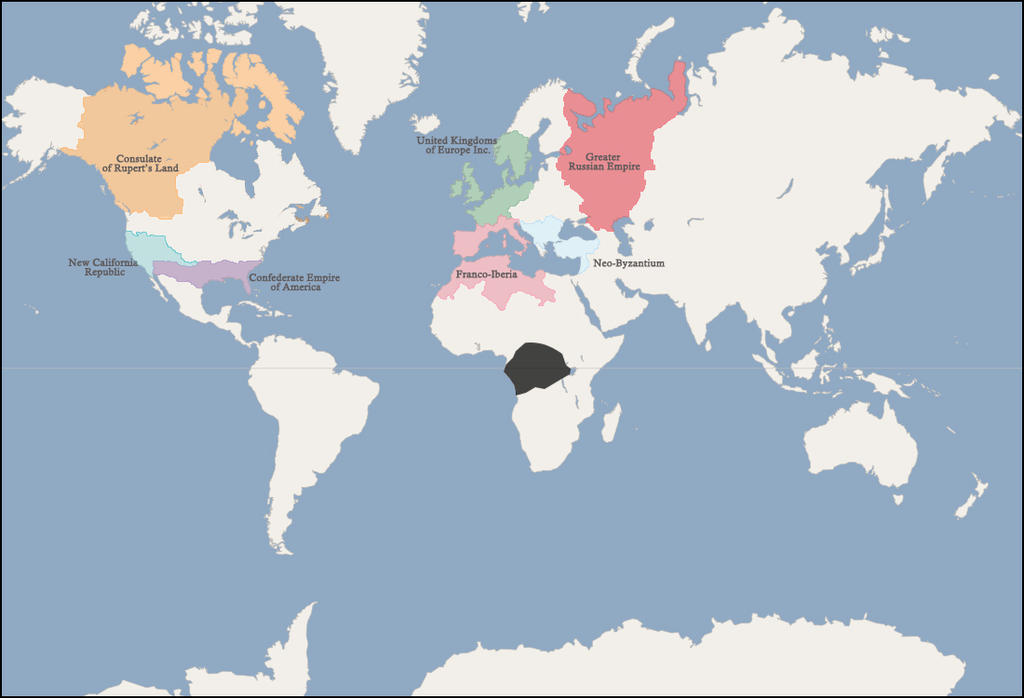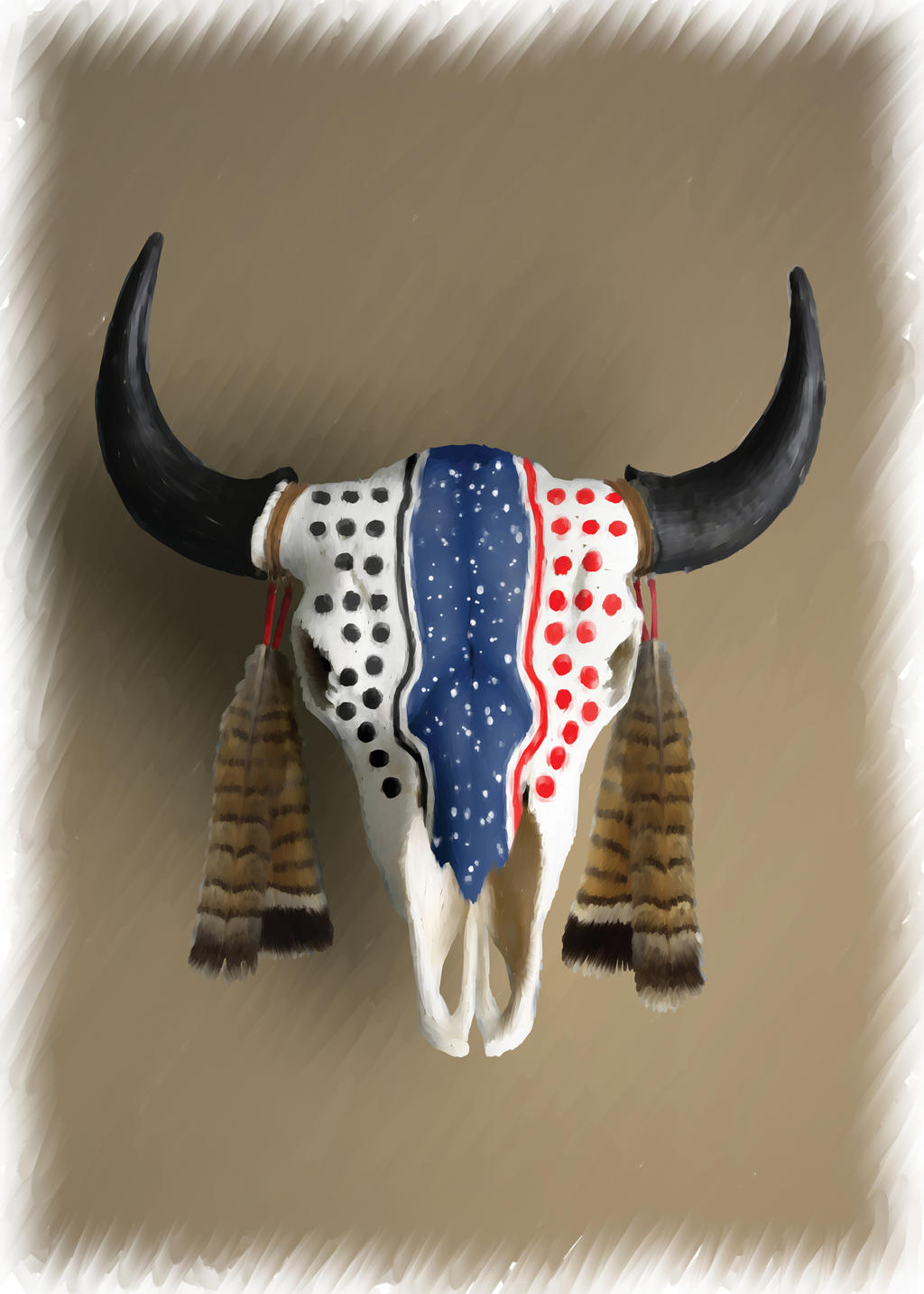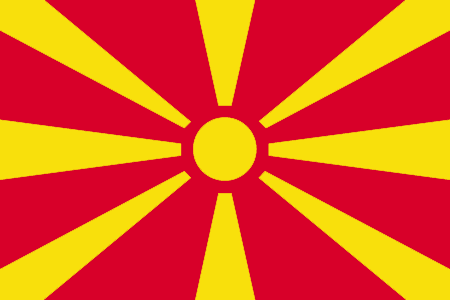Nation Sheet:
Nation Name: Neo-Byzantium
National Flag:

Location: The Balkans, Anatolia, and the western edge of the Levant.
Land Owned:From Croatia in the West, Romania in the North, Modern day Turkey, stretches along the Eastern Mediterranean down to Jerusalem though does not extend east beyond the Holy Land. Close association with, but no official ownership of, the Isle of Malta.
Population: 10.5 million
Language Spoken: "Slava" (Lingua Franca of the western regions, a Patois of various Eastern European Languanges), "Byzantine" (Official language of the Empire, a hybridization of Greek and Turkish, used on all official documentation), local languages tend to be made up of slightly bastardized forms of the old world language spoken in that region.
National History:
The Land that became Neo-Byzantium may not have been ravaged by the initial exchange between the great powers, but this was to be a fate that was arguably worse than simply being swept away in a cloud of radioactive ash. A Thousand years of bad blood between the nations of what was once the Ottoman, and before that the Byzantine Empire once again bubbled over into overt violence of the most horrendous kind: Religious and ethnic conflict. The ethnic cleansing in former Yugoslavia at the end of the 20th century was to be nothing compared to the firestorm of hatred and violence that swept the Balkans after Armageddon. Governmental collapse brought on by the atomic conflagration and ensuing waves of refugees from more affected nations became a perfect powder keg for a descent into total madness. Violence in the streets was not so much common as a surety, units from the various national militaries simply broke away and became roving gangs of heavily armed bandits. Murder and Rape were daily occurrences. If there was a UN left to see it, they surely would have struggled to even classify the depth of inhumanity displayed in the Balkans in those first few post Armageddon years. This region would not see true pacification until the first Neo-Byzantine emperor would deploy his legions their more than a generation later.
In the East, the Nation of Turkey had been a direct recipient of at least half a dozen nuclear strikes and fared hardly better than the Balkans in the east. While there was not nearly as much simmering hatred between groups in turkey (save that between the Turks and the Kurds) the simple realities of total societal collapse would cause any hopes of staying afloat as a nation to come up short.
The Histories are vague on who the first Emperor of Neo-Byzantium was before he took the throne, but there is no ambiguity as to how he took the throne and the name Constantine XII. The Man who became an Emperor was the leader of a mixed tribe of Greek and Turkish Christians who had become a notorious thorn in the side of the last vestiges of the Turkish Government who had made Istanbul their capitol. It was said that before he laid siege to the city he was given a vision of the Lord, the very same vision that the first Emperor Constantine had been given. Despite the Turks' stockpile of 21st century arms, within a fortnight the city had fallen and the Chi Rho was flying on pennants all throughout Istanbul. After consolidating his power and renaming the city Constantinople, the Man who became an Emperor donned the name Constantine XII and declared the dawning of a new Byzantine Empire.
From new Constantinople the Empire spread out over many years to encompass the lands it now holds today, though not without bloodshed. The fiercest fighting came when Emperor Basil VI sought to claim the Holy Land for Christianity once and for all, the war would last the better part of a generation and see the destruction of half a dozen legions, but by the end Jerusalem was firmly in the grasp of Neo-Byzantium.
Leader: His Radiant Majesty Constantine XVI, The Emperor of Anatolia, King of Israel and the Holy Land, the Builder of Walls, and By the Grace of God defender of the Christian World.
Describe the Govt: Autocratic Monarchy.
The Sole ruler of Neo-Byzantium is and has been since its founding, the Emperor. The Emperor wields total administrative power over the runnings of the Empire, however any wise Emperor or Empress will keep a council of advisers, each experts in their field, to guide their hand in ruling. While for the most part the Emperor is a hereditary position there is no formal rule regarding succession and more often than not instead of going to the firstborn child of the previous Emperor, the title instead tends to go to the most cunning and/or ruthless. It is also not unheard of for an Emperor to declare their successor to be someone who has no blood relation, such as a close adviser or trusted companion.
Technological Overview:
The Greatest Boon to Neo-Byzantium's expansion can be attributed to the well kept libraries of the Ecumenical Patriarchate of Constantinople, which had managed to remain almost entirely intact through all the chaos of Armageddon. While lacking the ability to replicate even early 21st century technology, this is chiefly due to a lack of infrastructure and not ignorance. The vast array of knowledge gifted to Constantine XII after his conquest of Istanbul by the Patriarch of Constantinople gave him a leg up over his enemies and ensured Byzantium a place in the sun. While the cornerstone of Byzantium like most other major nations are stockpiles of pre-Armageddon technology, Byzantium has been able to also produce its own comparatively crude substitutes. The Pacification of Rumania also brought into the fold a functional oil well which supplies the nation with much needed lifeblood for ships and its ever growing cadre of aircraft.
Cultural Overview:
Given the highly varied makeup of Neo-Byzantium and its dominions, it is difficult to characterize what "Byzantine Culture" is. The strongest unifying thread of these far flung peoples would have to be Christianity. While the Orthodox Church is the denomination that has the official backing of the Emperor, all denominations are welcome to freely worship within Neo-Byzantium. While non-christians are tolerated to a certain extent they are generally viewed with distrust, especially in the western ends of the Empire.
The populations in Greece and Turkey tend to be wealthier and enjoy higher standards of living than those who live in the rest of the Balkans or the Holy Land. These discrepancies largely have to do with how long a region has been a part of the Empire as the older provinces tend to be the most built up. This tends to color the perceptions that citizens have about other members of the empire. The Slavs consider those closer to Constantinople to be weak and hedonistic and on flip side are themselves perceived as unwashed barbarians.
While the years since Armageddon have taken their toll, the echoes of past cultures are still visible in things like cuisine, music, and the arts. The Emperor and many of the wealthier families go to great pains to foster the arts in all their forms. Constantine XVI is well known for his appreciation for Pre-Armageddon films, and has dedicated what some would consider to be a truly foolish amount of resources to trying to resurrect the film industry.
Military Description:
Being a nation born of conquest and looking to expand, Neo-Byzantium has a well maintained military. The chief unit of the Byzantine military is the Legion. A legion is roughly analogous to a Pre-Armageddon Division and is composed of 10,000 men. There are 15 legions made up of professional career soldiers, but as military service is mandatory, in times of major conflict a further 10 legions could be called up from reservists. A legion is a self-contained combined arms force with organic armored and air support.
The crowning achievement of Byzantine Engineering comes in the form of the Legion's Aerial Maniple. Every proper legion has access to native air support in the form of domestically built aircraft of various makes and models. While some Pre-armageddon aircraft are available there is simply no one skilled enough to pilot them. Instead the Empire makes use of an aircraft known affectionately by their pilots as the "Bull." The Bull is an incredibly simple metal prop-driven mono-plane used by legions in both an observation and ground attack role. Bulls have a relatively slow top speed but can land virtually anywhere that has a flat surface. Bulls are armed with a single nose mounted light machine gun and a pair of wing pylons that can carry up to 250 pounds of ordinance with the machine gun removed. An Aerial maniple is made up of 3 aircraft and the crews needed to service and transport them in the field.
The arms that a legion employs are mixed. At Least one cohort per legion (roughly Battalion sized) is equipped with recovered ancient weaponry such as modern assault rifles, and body armor, though a lack of resources means these units have limited training in their use and so their effectiveness is suspect. The rest of a Legion's infantry forces employ domestically designed semi-automatic rifles which are more well known for their robustness more than they are for their accuracy. Weapon squads are equipped with heavier, automatic variants of the standard infantry rifle as well as Sub Machine guns and a single Pre-Armageddon Light Machine Gun or Grenade Launcher. An Infantry Cohort will normally have one special weapon squad per four standard rifle squads.
Proper armor is relatively rare in Neo-Byzantium. Most Legions employ "armored" maniples though these are normally made up of a few scavenged automobiles or tractors turned into technicals and gun trucks. While some tanks are functional there certainly are not enough to make a major difference as replacement parts and shells are only just now rolling off the assembly lines. There is one notable exception to this in the form of Legio XIII or as they are known in some circles: The Road Warriors. Legio XIII has been given the duty of Pacifying the Levant and defending the Holy Land. To cover such a large area Legio XIII deploys over half of all automobiles in all of Neo-Byzantium including several "Land Ships," 18-wheelers armored and up armed into mobile super heavy gun platforms. The tactics of making lightning assaults with mass amounts of automobiles was copied from the Empire's fiercest rivals in the Levant, The Caliphate, a group of mutant raiders who rule from their irradiated capitol of Damascus.
Several suits of Powered Armor have turned up in the underground bunkers under Constantinople. These Heavy suits of armor are distributed only to the elite Neo-Varangian Guard, the personal guardians of the Emperor whose ranks are made from Northern European Barbarian tribes paid handsomely out of the Emperor's own purses to ensure greater loyalty than any ideology can offer. The Veo-Varangians are very rarely deployed beyond Constantinople as their meticulously maintained armor is too precious to lose in anything but the most desperate struggles. One particular guardsman sticks out above all the others because of his incredible size and highly customized armor. The Guardsman known as Hercules is actually a mutant with incredible strength and stature that belies a frightening wit and intellect. Hercules is the right hand of the Emperor and his sworn executioner, only ever leaving his side to carry out orders that would be impossible of lesser beings.
Considering that they border the Mediterranean and the Black sea, Neo-Byzantium fields a functional navy as a matter of course. Byzantine ships are a mixture between new construction (the vast majority) recovered Pre-armageddon warships painstakingly restored(though without their precious cargo of guided missiles), and up armed and armored merchant ships. The fleet is large enough to exert some dominion over the Eastern Mediterranean, but were things to come to blows with another major Mediterranean power its anyone's guess as to who would come out on top.













